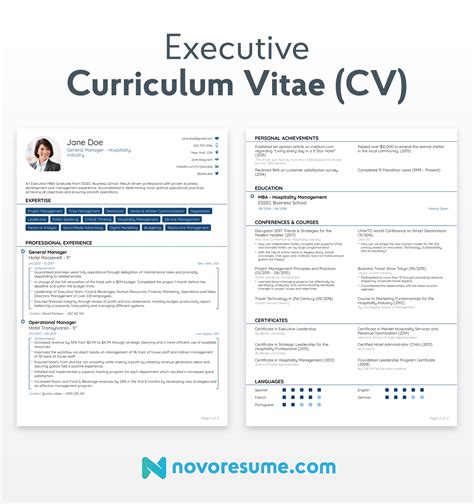Daftar Riwayat Hidup In English
Daftar Riwayat Hidup In English - A curriculum vitae, commonly abbreviated as CV, is a document that summarizes an individual's education, work experience, and skills to potential employers. When applying for a job, it is essential to have a well-written and effective CV that showcases your qualifications and experience. In this article, we will discuss the importance of a well-written CV in English and provide tips on how to create a great one.
The Purpose of a CV

A CV is used as a tool to help employers quickly and easily see an individual's skills, qualifications, and experience. It is used to screen applicants and narrow down the selection process. A CV is typically used for job applications, academic applications, and fellowships, among other purposes.
Who Needs a CV?
Anyone who is looking for a job, internship, or further education should have a CV. Even if you are already employed, having a CV can be useful in case you are looking for a promotion or transitioning to a different industry.
What to Include in a CV

A CV should include the following information:
Contact Information
- Name
- Email address
- Phone number
- Address
Professional Summary/Objective
- A brief summary of your experience, skills, and qualifications
- A statement of your career goals and job aspirations
Education
- Degrees earned
- Institutions attended
- Relevant courses and specializations
- Date of graduation
Work Experience
- A list of previous work experience, including job titles, company names, and dates of employment
- Brief descriptions of job responsibilities and accomplishments
Skills
- A list of technical and soft skills, such as programming languages, software proficiency, and languages spoken
Achievements and Honors
- Awards and recognition received
- Publications and presentations
- Any other notable achievements
Volunteer and Extracurricular Activities
- A list of volunteer work and extracurricular activities that demonstrate your skills and character
References
- A list of professional references, including names, job titles, and contact information
Tips for Writing a Great CV

When writing a CV, keep the following tips in mind:
Use a Clear and Concise Format
- Use a clean and easy-to-read font
- Use bullet points and headings to break up the text
- Keep it concise and to the point
Use Action Verbs
- Use verbs such as "managed," "created," and "developed" to describe your achievements
Highlight Relevant Skills and Experience
- Emphasize the skills and experience that are most relevant to the job you are applying for
Proofread and Edit
- Carefully proofread and edit your CV to ensure it is free of errors and grammar mistakes
Get Feedback
- Ask for feedback from friends, family, or a career counselor to get suggestions for improvement
Conclusion

A well-written CV is essential for anyone looking to advance their career. It is a powerful tool that can help you stand out from the competition and increase your chances of getting hired. By following the tips and guidelines outlined in this article, you can create a CV that is effective and showcases your qualifications and experience.
Frequently Asked Questions
Q: What is the difference between a CV and a resume? A: A CV is typically longer and more detailed than a resume, and is used for academic and research positions, while a resume is shorter and more concise, and is used for job applications.
Q: How long should a CV be? A: A CV should be no more than two pages, unless you have extensive experience and qualifications.
Q: What is the most important part of a CV? A: The most important part of a CV is the professional summary/objective, as it provides a brief overview of your skills and qualifications.
By following the guidelines and tips outlined in this article, you can create a CV that is effective and helps you achieve your career goals. Remember to always customize your CV for each job you apply for, and to proofread and edit it carefully to ensure it is error-free and easy to read.